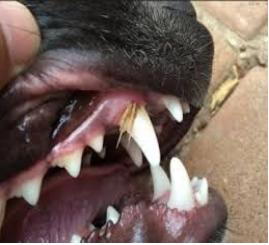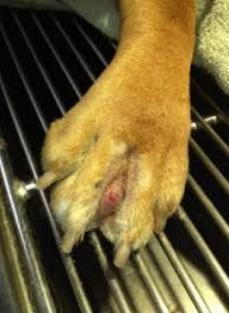
 What are foxtails and where do they come from?
What are foxtails and where do they come from?
The word “foxtail” is used to describe the grassy, seed-bearing plant structures that, in the early spring months, are green and bushy like a fox’s tail. The term is more commonly used to describe the structures once the grasses and seeds have dried out and begin to break apart in the summer or early fall. This is when the seed becomes dangerous, breaks apart, and has a sharp point at one end so it can easily move in only one direction, but not the other way. As they work their way into skin, ears, noses, etc, and become lodged, foxtails can cause infection. If not treated, medical problems and serious health problems may result.
Can foxtails be prevented?
- All pet owners should be careful groomers, particularly if your pet has long hair. Foxtails become embedded in the coat of your pet then burrow into the skin, and then travel into the body.
- If you suspect that your pet may have developed this problem, contact your veterinarian immediately so that the problem can be treated early!
- If you keep your pet’s coat well maintained with a close-bodied cut during summer months, you will lessen the risk for potential problems.
- Be aware of your surroundings, your yard and your pet. ○ If you take your dog for a jog in the park or to the beach for the day, pay attention to what is around you.
- Foxtails grow in dry, bushy areas. If you have taken your pet to a new park for the day, take a few extra minutes to check your pet’s feet and underbelly, and then brush your pet to make sure you haven’t missed anything.
 Possible warning signs of an imbedded foxtail:
Possible warning signs of an imbedded foxtail:
- Nose – Extreme severe sneezing, pawing at nose, bleeding from the nose. Symptoms may diminish after several hours, but become intermittent for several days following
- Ear – Tilting/shaking head, pawing at ear, crying, erratic movement
- Eye – Squinting eye suddenly, eye swelling, tearing, mucous discharge
- Throat – Gagging, retching cough, compulsive grass eating, stretching neck and swallowing
- Skin – Small sores between toes or under arms, sores on skin accompanied by swelling or small lumps